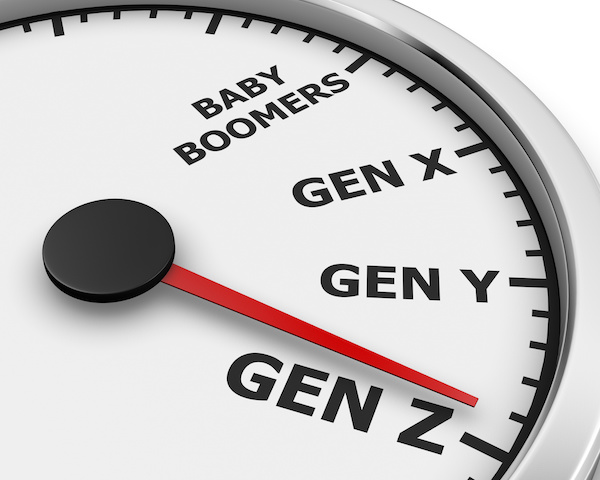
Establishing a strong online presence is an important thing for any business aimed at achieving rapid growth, and search engine optimization (SEO) has become the backbone of that success—directly impacting a company’s visibility, organic traffic, and revenue. To harness the full potential of SEO and drive your business towards accelerated growth, hiring an SEO expert is not just an option—it’s a necessity. Listed below are some compelling reasons why you should enlist the expertise of an SEO professional to propel your business to new heights.
Expertise and experience
SEO is a multifaceted field that requires deep understanding of algorithms, keyword research, content optimization, and link building. An SEO expert has honed their skills through years of experience, stayed updated with the latest industry trends and best practices. By hiring an SEO expert, you gain access to their wealth of knowledge and proficiency, ensuring that your business receives a customized strategy tailored to your specific business needs.
Enhanced website visibility
The online landscape is fiercely competitive, which means ranking high on search engine results pages (SERPs) is super important for your business’ success. An SEO expert will conduct thorough keyword research and optimize your website’s content and structure, helping your business secure top position on relevant search queries. Increased visibility translates to higher organic traffic, attracting potential customers actively seeking the products or services that you offer.
Targeted traffic and quality leads
Driving traffic to your website is essential, but attracting the right audience is more vital for success. An SEO expert will target relevant keywords and demographics, aligning your content and marketing efforts with your ideal customer base. By attracting quality leads, your business can convert more visitors into loyal customers, driving revenue growth in the process.
Competitive advantage
Having a strong SEO strategy is a game-changer in competitive markets. An SEO expert will analyze your competitors’ online presence, identify gaps in their strategies, and craft a plan to position your business as a leader in your industry. This competitive advantage allows you to stand out, capture market share, and surpass your rivals.
Adaptation to algorithm changes
Search engine algorithms are constantly evolving, affecting website rankings and visibility. SEO experts are well-versed in these changes and can quickly adapt your strategy to comply with any new guidelines. By staying ahead of the curve, your business can maintain its online authority and ranking, even when the algorithms shift.
Measurable results and ROI
An SEO expert will use various tools and analytics to measure the success of their strategies continually. From website traffic and conversion rates to keyword rankings and user engagement, you will have clear and measurable results. Understanding the return on investment (ROI) of your SEO efforts allows for data-driven decisions and improved business growth.
CLICK HERE TO SPEAK WITH AN SEO EXPERT TODAY!
Is harnessing the power of SEO a top priority for your digital marketing strategy? Drop a comment below to share.
Alex Wilks has been working as a copywriter and digital marketing strategist since 2018, with added specialties in social media and email marketing. With a Bachelor’s Degree in Journalism and Communication, she is a natural content writer with the ability to connect well with her target audience.


















